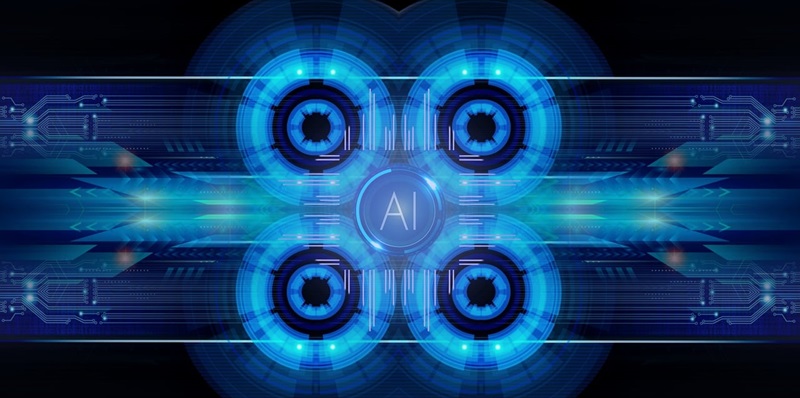Recogni, an innovative startup in the artificial intelligence (AI) sector, has introduced a groundbreaking computing method designed to address two major challenges—high costs and excessive power consumption—often faced by autonomous systems requiring swift and energy-efficient processing. This development has immense potential to revolutionize the AI industry by making advanced technologies more accessible and sustainable. Traditionally, AI systems demand vast amounts of power and resources, significantly restricting their application and driving up operational costs. This not only stifles innovation but also raises considerable environmental concerns. Recogni’s new method promises to overcome these barriers by reducing both costs and power consumption, thereby making AI systems more affordable and environmentally friendly.
Addressing Power and Cost Challenges
Recogni’s approach stands out because it tackles the industry’s two crucial hurdles: high power consumption and cost constraints. AI systems, especially those involved in real-time decision-making processes, consume substantial amounts of power, which translates to hefty operational costs. These factors have historically limited the scalability and practicality of implementing AI in various applications. By introducing a computing method that requires less power, Recogni is set to make AI more practical and accessible across different sectors. Specifically, this decreased need for energy will mitigate operational costs, thereby enabling smaller firms and startups to adopt advanced AI technologies they previously could not afford.
The reduction in power consumption not only has economic benefits but also carries significant environmental advantages. Given the increasing focus on sustainability, the tech industry has recognized the importance of minimizing its carbon footprint. Recogni’s low-power computing method directly addresses this issue. Lower power requirements mean less strain on natural resources and a smaller overall environmental impact, supporting global sustainability efforts. Companies adopting Recogni’s technology can advance their AI capabilities without exacerbating their environmental footprint, striking a crucial balance between innovation and ecological responsibility.
Broader Implications for the Tech Industry
Beyond mere cost and power efficiencies, the broader implications of Recogni’s method are profound. With more efficient computing, the deployment of AI-driven technologies in areas previously deemed unfeasible due to cost or power constraints becomes possible. A prime example is autonomous vehicles, which rely heavily on AI for real-time decision-making. These vehicles need to process vast amounts of data quickly and accurately, a task traditionally associated with high energy consumption and operational costs. Recogni’s new method makes it more economically viable to develop and deploy such systems, potentially transforming the transportation sector by making autonomous vehicles more accessible to a wider market.
Additionally, the benefits of Recogni’s innovation extend to other industries as well. Sectors like healthcare, manufacturing, and logistics, which have been hesitant to implement AI due to cost and energy concerns, could now integrate more advanced AI solutions. For instance, in healthcare, AI-driven diagnostic tools and patient monitoring systems could become more prevalent and effective, contributing to better patient outcomes. In manufacturing, improved AI systems could lead to smarter, more efficient production processes. In logistics, AI could enhance route optimization, reducing fuel consumption and improving delivery times. The ripple effects of Recogni’s method are far-reaching, with the potential to usher in a new era of technological advancement driven by both economic and ecological considerations.
A Sustainable Technological Future
Beyond cost and power efficiencies, Recogni’s approach has major implications. Improved computing efficiency makes deploying AI-driven technologies in previously costly or power-intensive areas feasible. Take autonomous vehicles, for example, which require significant AI for real-time decision-making. These vehicles need to process large data volumes quickly and accurately, traditionally involving high energy and costs. Recogni’s method makes it economically viable to develop and deploy such systems, potentially revolutionizing the transportation sector by making autonomous vehicles more accessible to a broader market.
Moreover, Recogni’s innovation offers advantages to other industries too. Sectors like healthcare, manufacturing, and logistics, previously hesitant about AI due to costs and energy needs, can now adopt advanced AI solutions. In healthcare, AI-driven diagnostic tools and patient monitoring systems could become more common and effective, improving patient outcomes. In manufacturing, advanced AI could lead to smarter, efficient production processes. In logistics, AI could enhance route optimization, reducing fuel use and improving delivery times. Recogni’s method has wide-ranging impacts, potentially ushering in a new era of technological progress driven by both economic and ecological factors.

